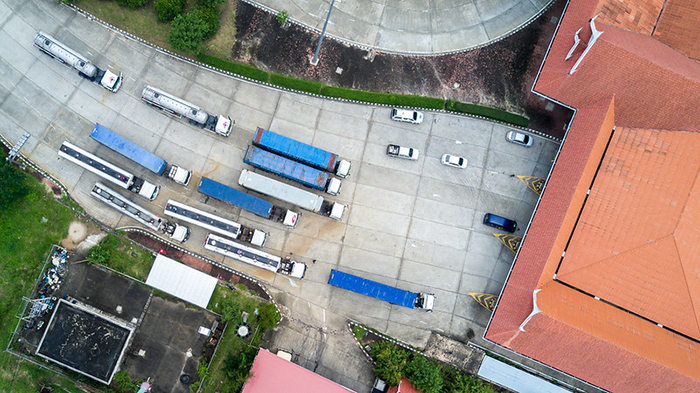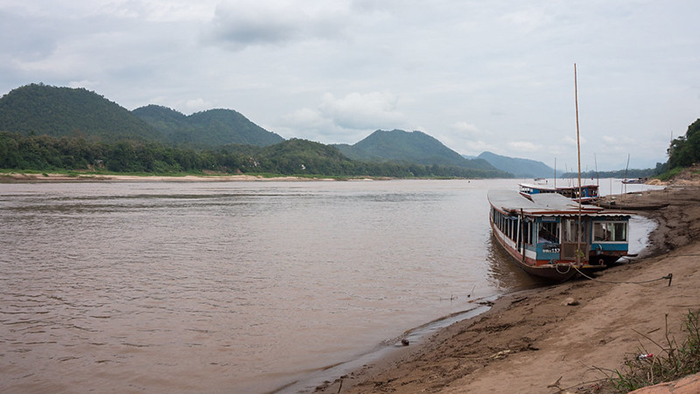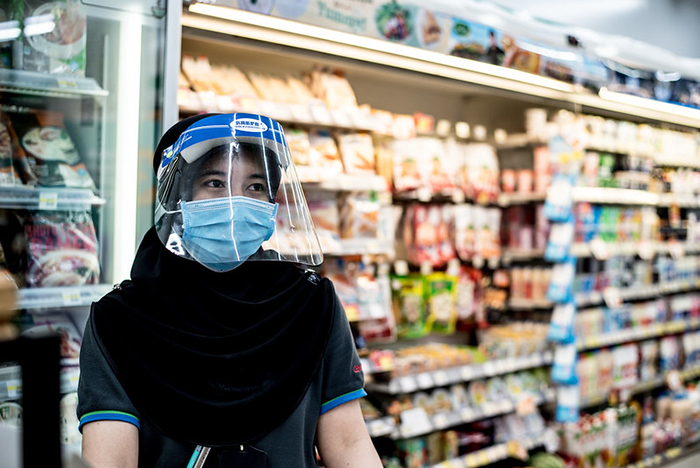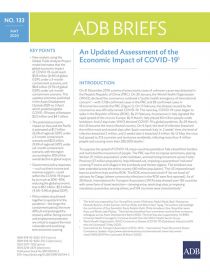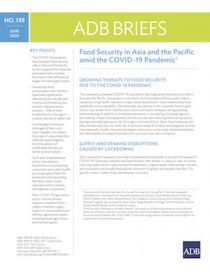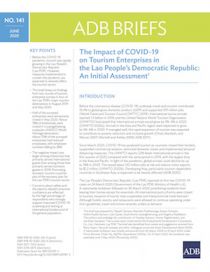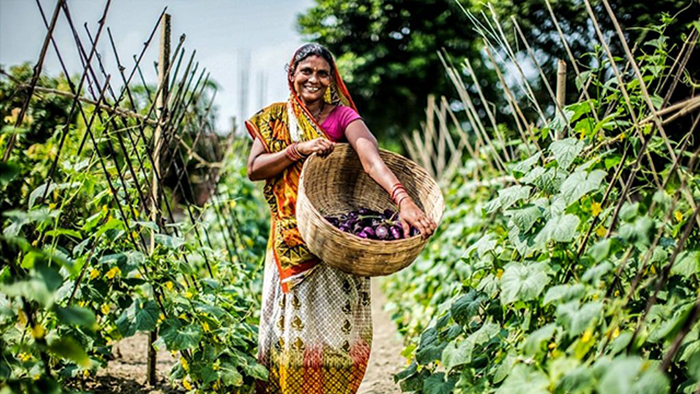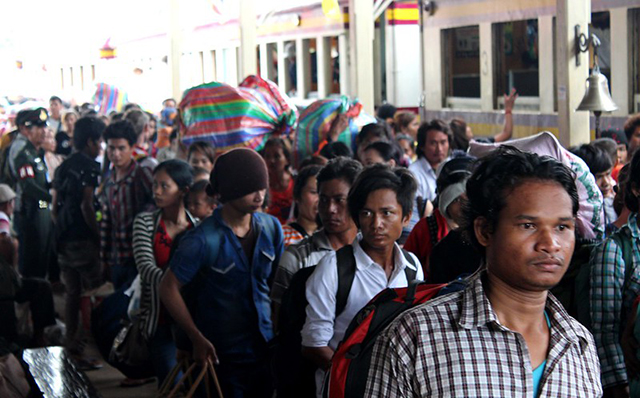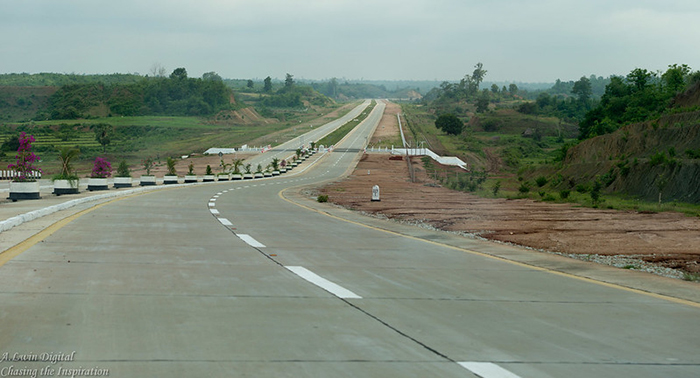
The Bago-Kyaikto expressway will link to the Yangon-Mandalay highway (in picture). Photo by ALwinDigital (CC BY-NC-ND 2.0).
Myanmar Approves Proposed ADB Loan for the Bago–Kyaikto Highway along GMS’ EWEC
Myanmar’s Union Parliament approved a proposed loan from the Asian Development Bank (ADB) worth around $483.8 million to finance construction of the Bago–Kyaikto highway. The Bago–Kyaikto highway lies along the Greater Mekong Subregion (GMS) East–West Economic Corridor (EWEC), which links Myanmar to Thailand, Lao People’s Democratic Republic, and Viet Nam, and Myanmar’s Thilawa Port in Yangon to Viet Nam’s Danang Port.

